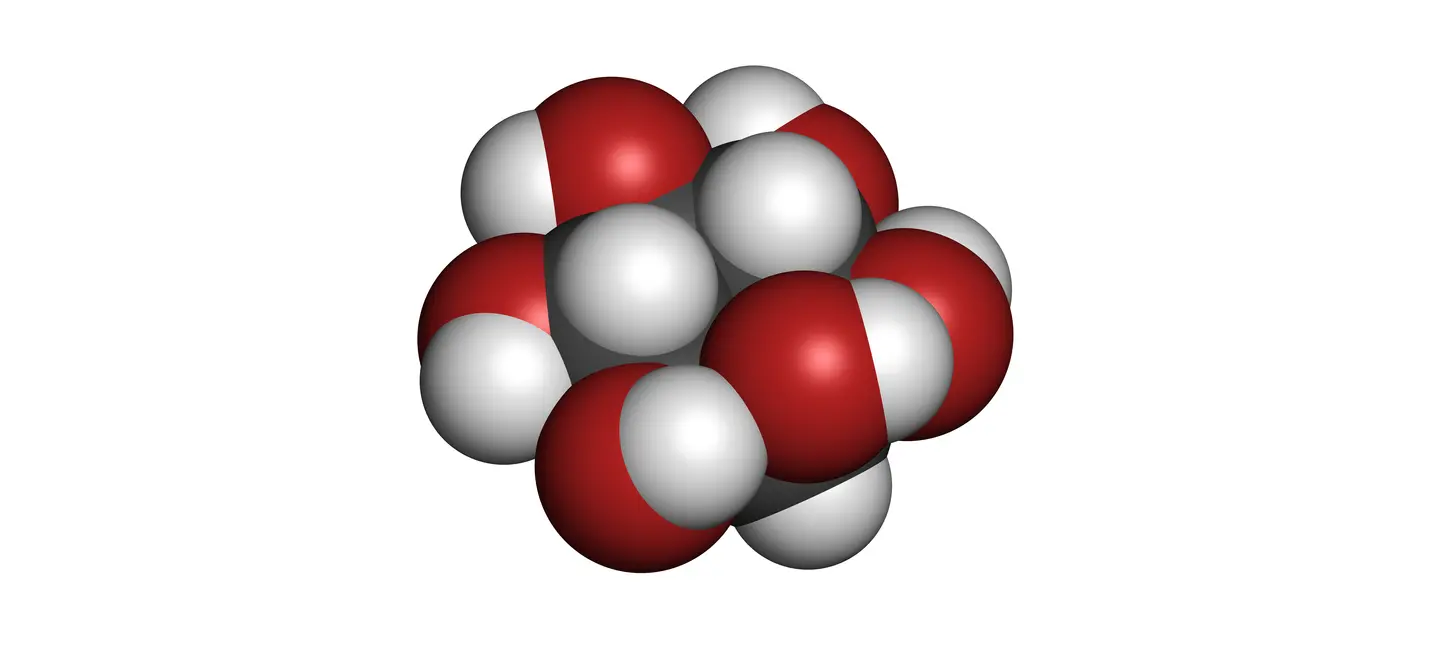
IP-6, inositol hexaphosphate, is a vitamin-like substance. It is found in humans, animals, and many plants, especially cereals, nuts, and legumes. It can also be made in a laboratory.
Some people use IP-6 to treat and prevent cancer, to reduce side effects of cancer treatment, for anemia, diabetes, and many other conditions, but there is no good scientific evidence to support these uses.
In manufacturing, IP-6 is added to food to keep it from spoiling.
Is It Effective?
There is interest in using IP-6 for a number of purposes, but there isn't enough reliable information to say whether it might be helpful.
Is it Safe?
IP-6 might help treat and prevent cancer by slowing down the production of cancer cells. It might also bind to certain minerals, decreasing the risk of colon cancer. IP-6 is also an antioxidant.
When taken by mouth: IP-6 is LIKELY SAFE when used in amounts found in foods. IP-6 is POSSIBLY SAFE when used as a medicine, short-term. Taking IP-6, 600 mg two times per day for up to 2 weeks, appears to be safe. There isn't enough reliable information to know if IP-6 is safe when used long-term or in larger amounts.
When applied to the skin: There isn't enough reliable information to know if IP-6 is safe or what the side effects might be.
Special Precautions & Warnings:
Pregnancy and breast-feeding: IP-6 is LIKELY SAFE for pregnant and breast-feeding women when used in food amounts. But there isn't enough reliable information to know if larger medicinal amounts of IP-6 are safe to use when pregnant or breast-feeding. Stay on the safe side and stick to food amounts.
Clotting disorders: IP-6 might slow blood clotting. If you have a clotting disorder, use IP-6 with caution.
Iron-deficiency anemia: IP-6 binds with iron in the gastrointestinal (GI) tract. This reduces the amount of iron that the body absorbs from food and supplements.
Weak and brittle bones (osteoporosis): IP-6 binds with calcium in the gastrointestinal (GI) tract. This reduces the amount of calcium that the body absorbs from food and supplements. This might worsen osteoporosis.
Surgery: Since IP-6 might slow blood clotting, there is a concern that it might increase the risk of extra bleeding during and after surgery. Stop using IP-6 at least 2 weeks before a scheduled surgery.
Medications that slow blood clotting (Anticoagulant / Antiplatelet drugs)
Interaction Rating=Moderate Be cautious with this combination.
IP-6 nicotinate might slow blood clotting. Taking IP-6 along with medications that also slow clotting might increase the chances of bruising and bleeding.
Some medications that slow blood clotting include aspirin, clopidogrel (Plavix), diclofenac (Voltaren, Cataflam, others), ibuprofen (Advil, Motrin, others), naproxen (Anaprox, Naprosyn, others), dalteparin (Fragmin), enoxaparin (Lovenox), heparin, warfarin (Coumadin), and others.
Calcium: IP-6 binds with calcium in the gastrointestinal (GI) tract. This reduces the amount of calcium that the body absorbs from food and supplements.
Herbs and supplements that might slow blood clotting: IP-6 might slow blood clotting. Using IP-6 along with other natural products that can also slow blood clotting might increase the risk of bruising and bleeding. These products include angelica, clove, danshen, garlic, ginger, ginkgo, Panax ginseng, red clover, turmeric, and others.
Iron: IP-6 binds with iron in the gastrointestinal (GI) tract. This reduces the amount of iron that the body absorbs from food and supplements.
Zinc: IP-6 binds with zinc in the gastrointestinal (GI) tract. This reduces the amount of zinc that the body absorbs from food and supplements.
There are no known interactions with foods.
The appropriate dose of IP-6 depends on several factors such as the user's age, health, and several other conditions. At this time there is not enough scientific information to determine an appropriate range of doses for IP-6. Keep in mind that natural products are not always necessarily safe and dosages can be important. Be sure to follow relevant directions on product labels and consult your pharmacist or physician or other healthcare professional before using.
Information on this website is for informational use only and is not intended to replace professional medical advice, diagnosis, or treatment. While evidence-based, it is not guaranteed to be error-free and is not intended to meet any particular user’s needs or requirements or to cover all possible uses, safety concerns, interactions, outcomes, or adverse effects. Always check with your doctor or other medical professional before making healthcare decisions (including taking any medication) and do not delay or disregard seeking medical advice or treatment based on any information displayed on this website.
© TRC Healthcare 2024. All rights reserved. Use and/or distribution is permitted only pursuant to a valid license or other permission from TRC Healthcare.
